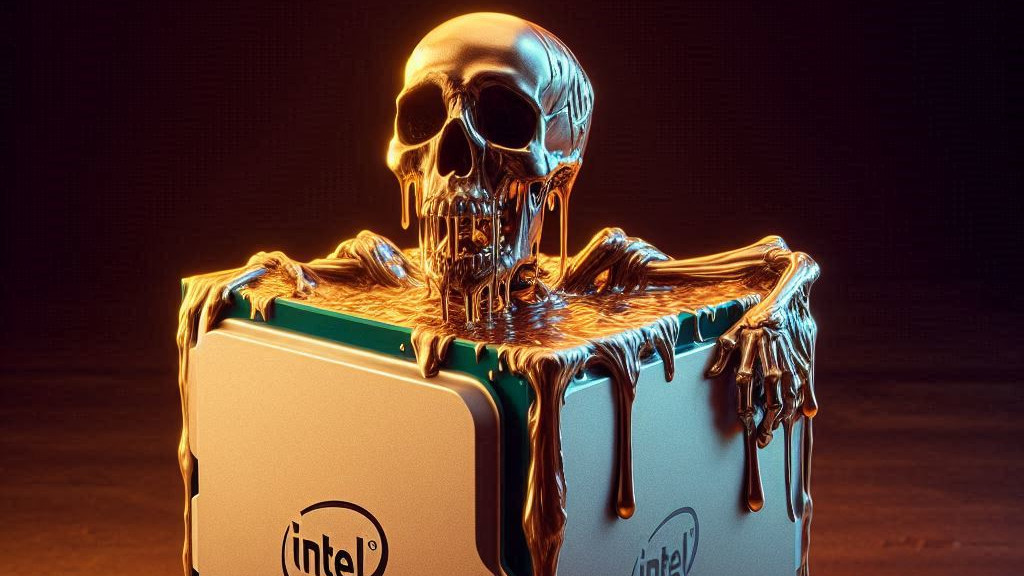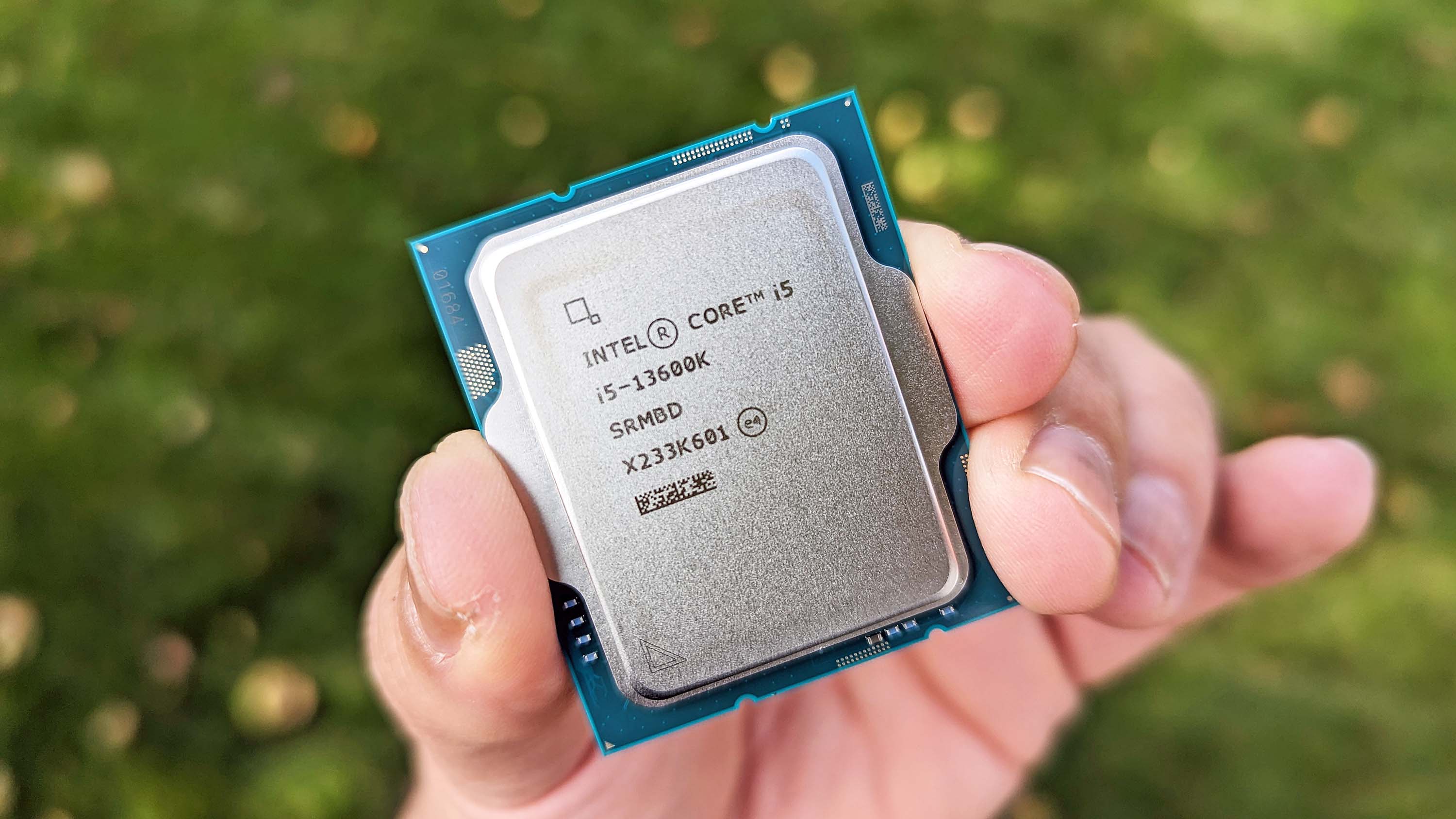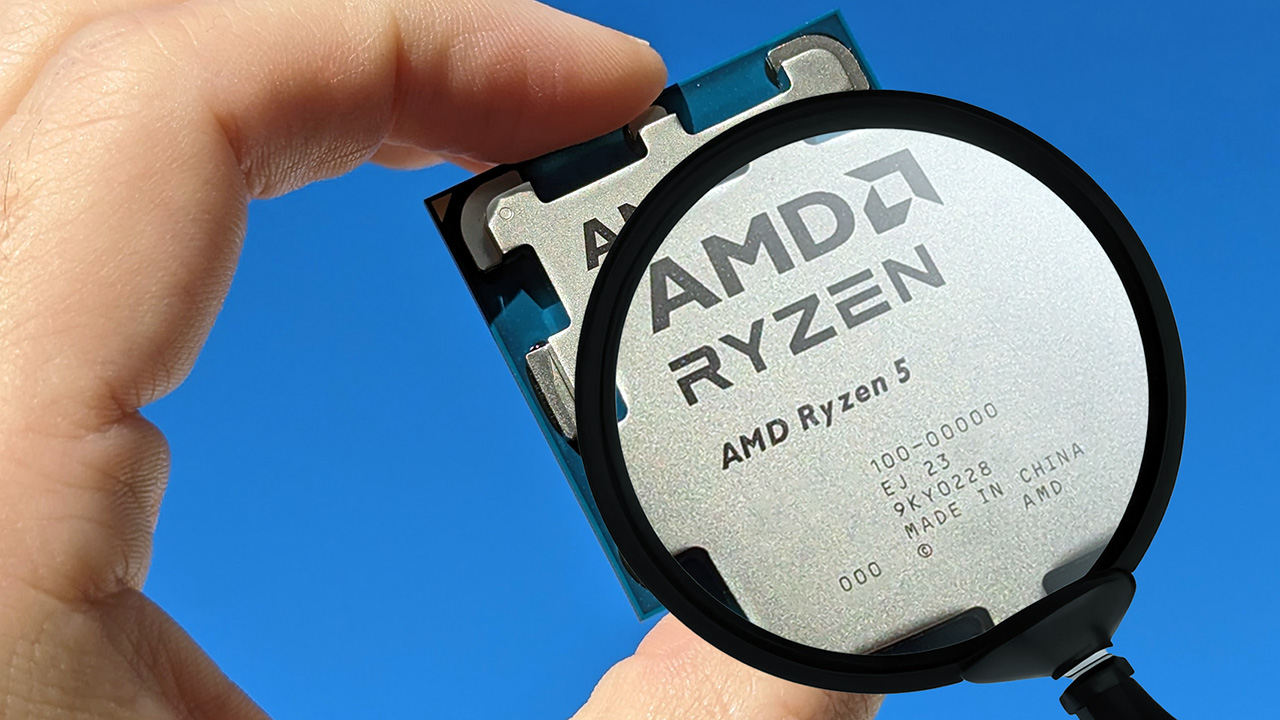
What you need to know
- Intel says it has identified the root cause of 13th and 14th Gen desktop CPU instability; a microcode fix is expected mid-August.
- More Intel CPUs than first thought are potentially affected by the microcode bug, including K, KS, KF, and non-K 65W (and higher) variants.
- Intel isn't planning on a full recall, instead urges affected users to contact customer support.
It's been a busy few weeks for Intel and its attempts to stop the bleeding from 13th and 14th Gen processors (CPU). The bleeding I'm talking about involves instability issues that have plagued Intel's most recent "Raptor Lake" (and the 14th Gen Raptor Lake refresh) desktop chips for the past two years.
Widespread reports of crashes and BSODs have been under investigation by Intel for years, but on July 22 we got a major update. Intel's Thomas Hannaford posted on Intel's community board that the company had finally found the root cause of the instability issues. Here's what Hannaford delivered:
"Based on extensive analysis of Intel Core 13th/14th Gen desktop processors returned to us due to instability issues, we have determined that elevated operating voltage is causing instability issues in some 13th/14th Gen desktop processors. Our analysis of returned processors confirms that the elevated operating voltage is stemming from a microcode algorithm resulting in incorrect voltage requests to the processor.
Intel is delivering a microcode patch which addresses the root cause of exposure to elevated voltages. We are continuing validation to ensure that scenarios of instability reported to Intel regarding its Core 13th/14th Gen desktop processors are addressed. Intel is currently targeting mid-August for patch release to partners following full validation.
Intel is committed to making this right with our customers, and we continue asking any customers currently experiencing instability issues on their Intel Core 13th/14th Gen desktop processors reach out to Intel Customer Support for further assistance."
To pare that back a bit, Intel has acknowledged that its microcode — which is sort of like a firmware-lite — is the root of the instability problem and will hopefully have a solution via motherboard BIOS updates in the coming weeks.
Intel Community Manager Lex Hoyos also acknowledged that the elevated voltages due to the microcode issue aren't the only possible cause of instability. In a post on the Intel subreddit, Hoyos acknowledged that there was a manufacturing issue leading to oxidation discovered and fixed in 2023. This issue only affected some 13th Gen chips.
Intel instability is more widespread than first believed

Here's where things take a turn. While the issue was once believed only to affect high-performance Core i7 and Core i9 chips usually reserved for enthusiasts, a recent Q&A by the Verge with Hannaford has revealed that the problem is more widespread than first believed.
When asked how many Intel chips could be impacted by this bug, Hannaford revealed that any Raptor Lake chips running at 65W or above could be affected. That includes even some non-K 13th and 14th Gen chips, as well as K, KF, and KS models. As with the high-performance Raptor Lake/Refresh Intel chips, there's no guarantee that you'll experience the issue in your system. It seems that mobile chips for laptops are not affected.
🔥Hottest hardware deals🔥
- Switch Lite Animal Crossing Bundle | was
$199.99now $159 at Walmart - SAMSUNG 990 PRO PCIe Gen4 SSD | was
$249.99now $159.99 at Amazon - Seagate Storage Card for Xbox (2TB) | was
$360now $229.99 at Amazon - AMD Ryzen 7 7800X3D desktop CPU | was
$449now $383.56 at Amazon - AMD Ryzen 9 7950X3D desktop CPU | was $
699now $561.79 at Newegg
What can you do about your faulty Intel Raptor Lake CPU?
Despite Intel acknowledging that its microcode is the root cause of the instability issue, the company is firmly avoiding a recall. It expects to push an update via motherboard BIOS mid-August, but that's only good news for those who haven't had the issue crop up already.
As stated by Tom's Hardware, "the bug causes irreversible degradation of the impacted processors" and "the microcode patch will not repair processors already experiencing crashes, but it is expected to prevent issues on processors that aren't currently impacted by the issue." In the meantime, Intel suggests sticking to Intel Default Settings for the CPUs as well as keeping the system BIOS as up-to-date as possible.
But what can you do if your processor is suffering and no official recall is on the table? Intel says to reach out to its customer support team, even if previous RMA attempts have been rejected. If you're unsure whether your chip is affected, Intel suggests checking out the excellent Robeytech YouTube video that walks you through the process.
What's going on with AMD Ryzen 9000 CPUs?

Intel isn't the only chipmaker having some problems. AMD announced a delayed release for its Ryzen 9000 desktop CPUs last week, and it has come to light that it was caused by a far less serious quality control issue.
Two of the Zen 5 chips — notably the Ryzen 7 9700X and Ryzen 5 9600X — were mislabeled as being Ryzen 9 chips. This threw AMD into "a short delay" while the chip's branding is sorted out.
With the original release date set for July 31, AMD's new chips were seeded to reviewers and influencers ahead of time and are set to arrive any day. Whether or not these samples have the wrong branding remains to be seen, but there's potential here for the chips to become some serious collector's items.







